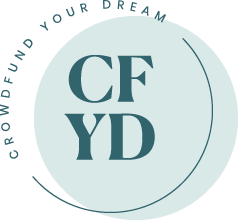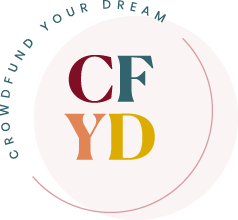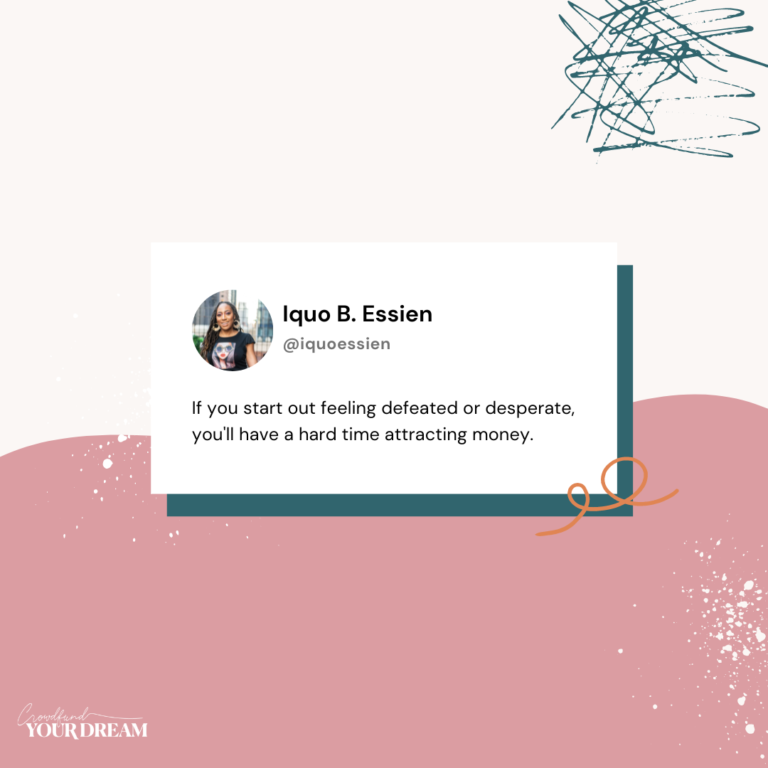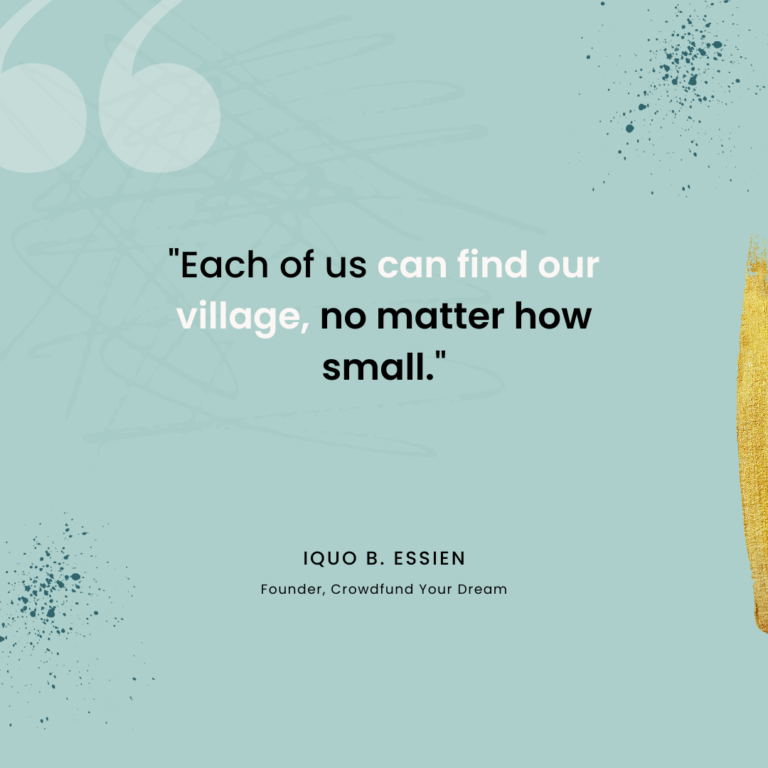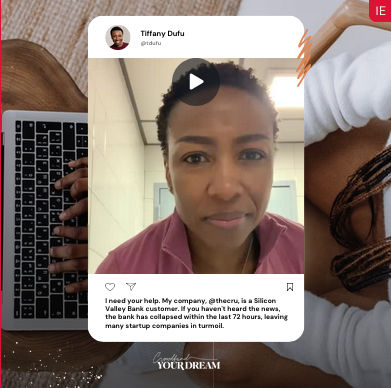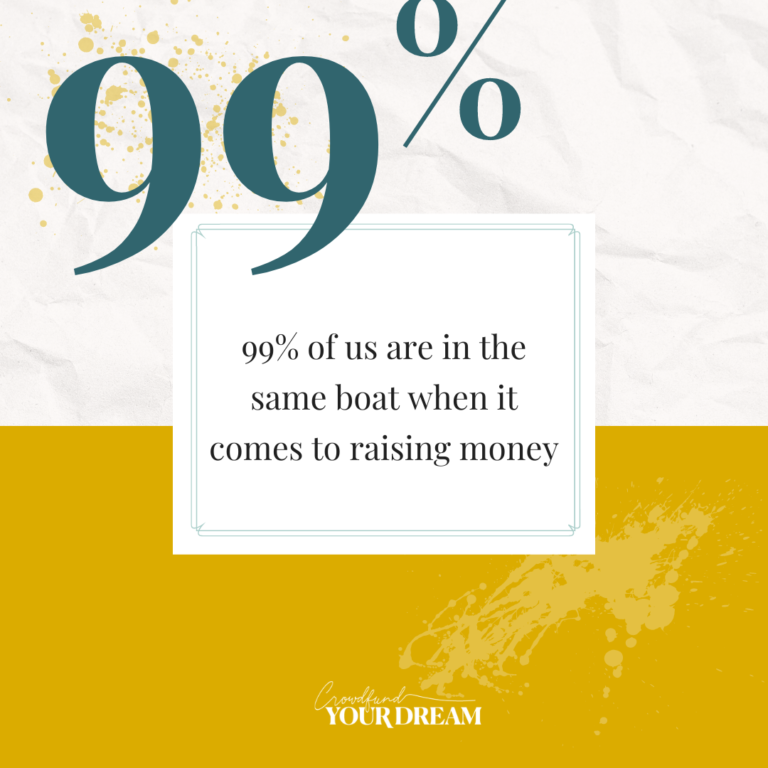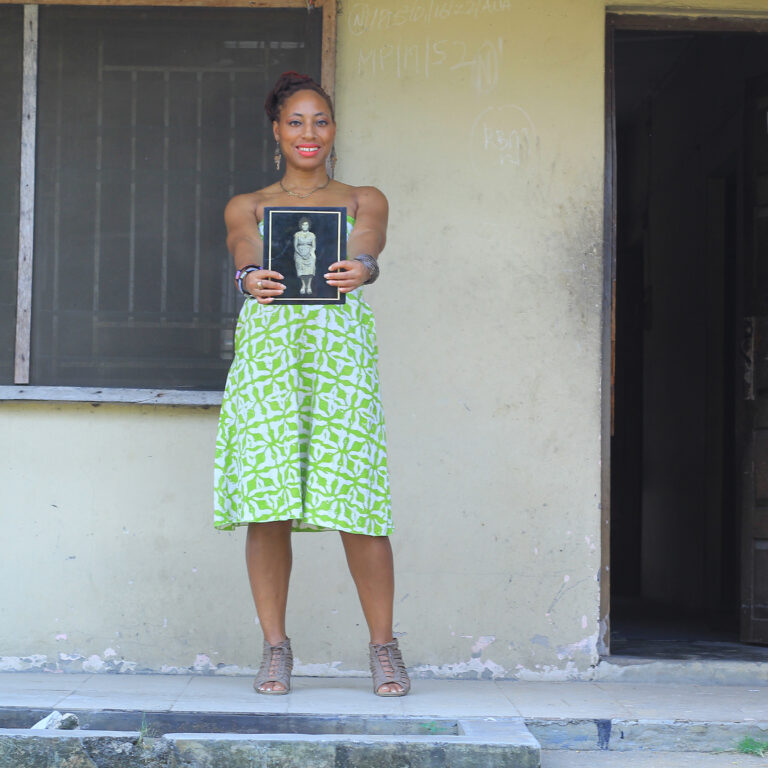What is the impact of race, gender and culture on fundraising for diverse founders? It’s bigger than you think.
So why do so many people approach crowdfunding like a one-size-fits-all solution for every founder, regardless of their race, gender and culture?
Because they’re stuck in the traditional fundraising paradigm and don’t know there’s a better way!
Watch this excerpt from my Crowdfunding for Business Challenge to hear what diverse founders need to know before launching a crowdfunding campaign (transcript below)… 👇🏽
P.S. There’s still room to join us for the challenge! Click this link to learn more. 💰
Race, Gender & Culture: Fundraising Tips for Diverse Founders
(00:00):
And I’m bolding here, systemic biases because we really need to talk about race, gender, culture, and fundraising. Now, every systemic bias that you experience in the world is replicated on digital fundraising platforms. No, nobody really talks about it. Okay? That’s like cats out the bag. Nobody really talks about it. I created my Crowdfund Your Dream program in 2018, and I’m still the only course on the market to my understanding, that actually brings in conversations about race, gender, culture, and fundraising into teaching about it. Generally, crowdfunding is built as a one size fits all solution to anybody’s fundraising challenges. It is not. That is a lie. You need to understand that there was a study of a hundred thousand Kickstarter campaigns and found that if the creator was racially identified as white, they generally did better than folks who were racially identified as black paradoxically. Folks that were racially identified as Asian American did better than both of those groups.
(01:04):
And that research is partly conducted by one of our Stanford alums as well, Lauren Rhue, who did research into this. And so no, all campaigns aren’t created equal because the same biases we’re experiencing in the world we’re experiencing on digital platforms. On Kiva, there was a study of funding on Kiva and found that if you’re seen as slimmer, taller, et cetera, then you do better on Kiva or more attractive, sort of like conventionally attractive. There’s been studies that show that, well, there don’t need to be studies. We can just follow the US VC deal count. That shows that based on your gender, it can define your successor failure at equity crowdfunding. Now, we also understand the wealth and the donor gap, right? We understand the wealth gap because of generations of historical inequity and discrimination in the country where certain people have more money than others, and certain people live in better neighborhoods than others have access to healthcare, et cetera, et cetera, et cetera.
(02:09):
Those same gaps continue to exist when you’re raising money. The donor gap exists in terms of white folks generally are overrepresented in what we call the donor universe being the folks who give folks other folks money. And Black, Latinx, Asian American folks tend to be underrepresented. Although we find if you check out the black bow diversity in giving study that folks of color, we have rich giving traditions. If you go to church, you’re seeing the basket passed all over. You’re seeing people busting in the community. Other people are handing them cash. You’re seeing people selling candy bars for school. There’s rich giving traditions actually in every culture, but because of systemic bias, it’s not reflected equally in the fundraising. Donor giving and philanthropy universe and VC, let’s not even get started. So there’s also unequal access to capital, and then there’s cultural considerations as well. When I was raising my money…
(02:58):
I’m going to get into this a little bit later, but the reason that I created my multi-platform fundraiser was because I understood that my African immigrant relatives were not going to go on Indiegogo and put in their credit card, but if they could send me a check, they would do that, right? Even better if I had an institutional affiliation like I was at NYU Grad Film School, and even better, if I had a fiscal sponsor through Fractured Atlas, then it’s like I’m proper, proper and they can send me the check and they feel good about it. Those are the types of cultural considerations I had to make when I thought about my fundraising strategy. If I had just done an Indiegogo campaign, I wouldn’t have hit my goal. I had to do all of those different things. I also had to go to the equity investor.
(03:41):
So those are the types of cultural considerations you want to start making. Every tradition has its own culture, culture around giving money, and that’s going to impact how you craft your fundraising strategy and how you move forward. And nobody’s talking about it, but you need to talk about it. What I always find fascinating and why I do this work is that many people know the things that I’m saying, but when it comes to doing a fundraising campaign, they still try to do a traditional straight up and down fundraising strategy, which generally doesn’t work for folks who look like us. So that’s why I talk about it, and I encourage you to, I’m not saying it so that you don’t go out and raise money or don’t do a crowdfunding campaign. I’m saying it so that you can level up, understand your culture factor, your founder story, the community your business serves, and who you represent and you can level up and succeed, right?
(04:36):
So I’m going to skip over this a little bit. I don’t want to get too bogged down, but I just wanted to note I don’t do VC money, right? Yes. Angel investors and equity investment, but I work outside of the VC ecosystem because as you can see, it’s just been going down from the first to the third quarter of 2022. VC funding was down by 52%. Diverse fundraising was down by 71%. Black fundraising was down by 80%. Now, this is for people who got VC money. Latino was down by 80%, women was down by 68%. And these are the studies from the Harlem Capital based right here in New York trend continued dollar volume of diverse fundraisers declined 10% from third quarter of 2022 to third quarter of 2023 with black and Latino fundraising volume declining by 73%, and that quarter also saw a decrease in the number of fundraisers across all stages year over year. PitchBook lets us know that in 2021, women got 2.4% of the US VC deal count, which is low. It’s low, but it’s actually higher than it had been in years before. 2022 trended lower 1.9%, right? 2023 was at 2%, but don’t let that fool you.
(05:56):
The overall deal count in 2023 was 50% of what it was in 2021. So it still means women made very little money as VC money companies, which were exclusively founded by women, but for companies that have one female founder plus a man, they were able to raise $32.7 billion, which really means that when the economy is tough, monies that are available in the world for diverse founders dry up where the first ones to suffer, which is why a lot of people are actually turning to crowdfunding because there’s also a lending gap, less business financing, often at higher rates, subject to more scrutiny, not getting approved for loans as easily and discouraged from applying. And this can be felt in crowdfunding as well. Kickstarter acknowledge this by creating a $500,000 fund to back projects by Asian, Black, indigenous and Latinx creators. I argue that $500K isn’t nearly enough, but we’re all sort of acknowledging that something’s going on here and we need to put our thinking caps on to fix it. So the reason I created this work is for founders like me who need culturally responsive fundraising strategies, we can’t just do business as usual. We can’t put our head in the sand and say, forget about it. I’m not raising money. But we also can’t just raise money in the same way that everyone else is doing who’s pitching this one size fits all, which is literally not true by any metric.
